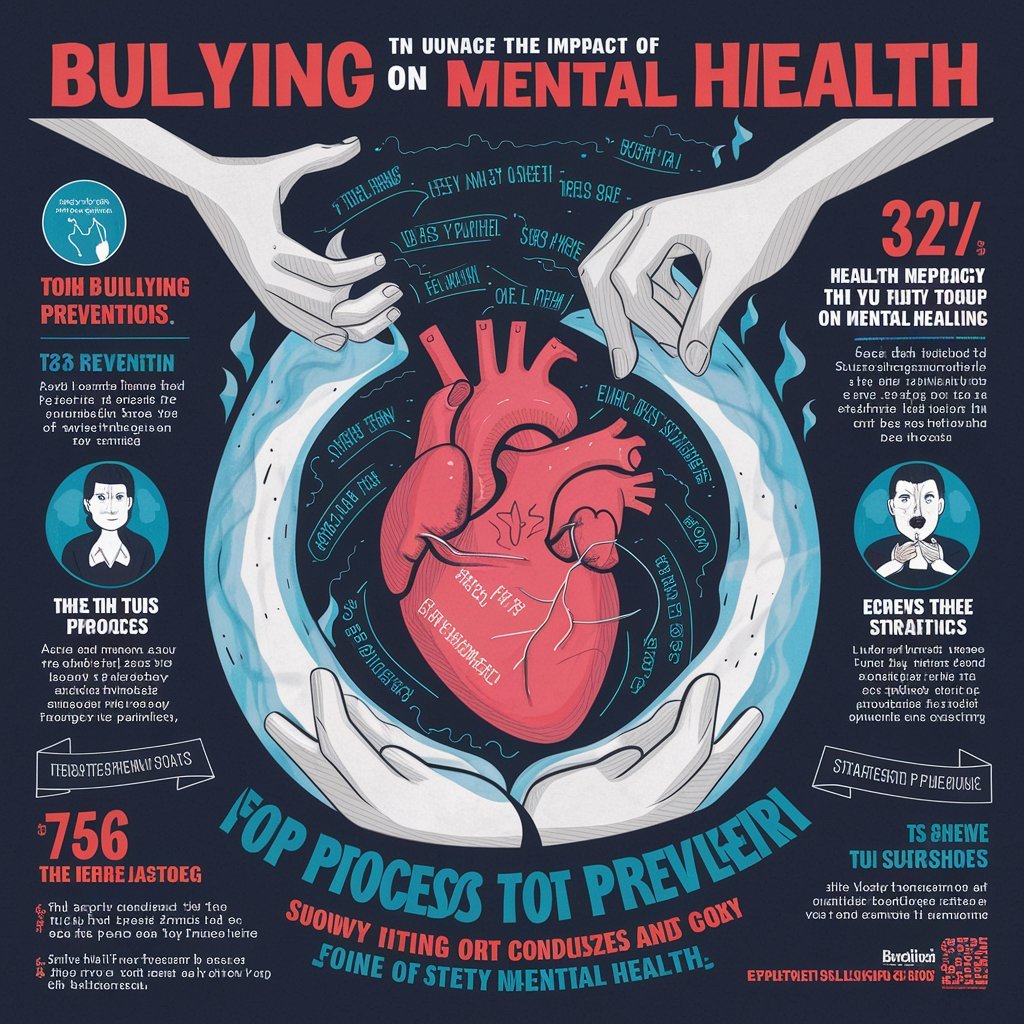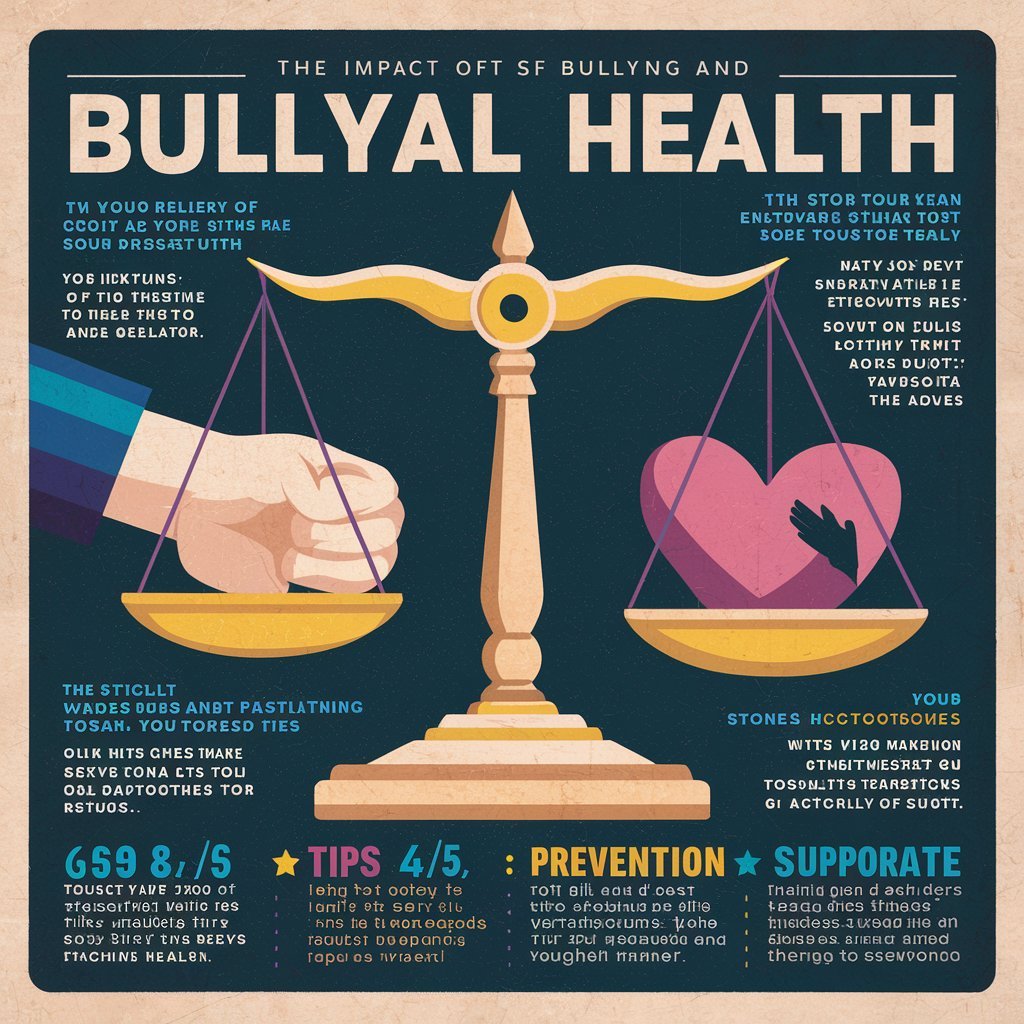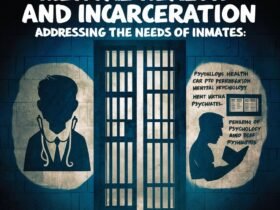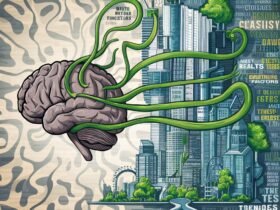The Impact of Bullying on Mental Health: Preventing and Healing
Hey there, my young and compassionate friends! It’s your mental health buddy, Nita Sharda, here to talk about a topic that’s really important for all of us to understand and address – the impact of bullying on mental health, and how we can work together to prevent it and heal from its effects.
Now, I know that bullying is a big and scary word, and it’s something that no one deserves to experience. But the truth is, many young people face bullying at some point in their lives, whether it’s at school, online, or in their communities.
And while bullying can take many different forms – from name-calling and exclusion to physical violence and harassment – one thing is clear: it can have a serious and lasting impact on mental health and well-being.
So today, we’re going to explore the ways that bullying can affect mental health, and think about what we can do as individuals and as a society to prevent it and support those who have experienced it.
How Bullying Affects Mental Health
First, let’s talk about how bullying can impact mental health. Research has shown that young people who experience bullying are at a higher risk for developing mental health issues like:
- Depression and anxiety
- Low self-esteem and self-worth
- Social isolation and loneliness
- Difficulty sleeping or concentrating
- Self-harm or suicidal thoughts
These effects can be both immediate and long-lasting, and can make it harder for young people to thrive in school, relationships, and other areas of life.
But why does bullying have such a profound impact on mental health? There are a few key reasons:
Trauma and Chronic Stress
Bullying can be a traumatic experience that causes chronic stress and anxiety. When we experience trauma or chronic stress, our bodies release stress hormones like cortisol that can affect our brain development and functioning over time.
This can lead to changes in the way we think, feel, and behave, and can make us more vulnerable to mental health issues.

Negative Self-Image and Self-Talk
Bullying can also affect the way we see ourselves and talk to ourselves. When someone is bullied, they may start to believe the negative messages and insults that are being directed at them.
This can lead to negative self-talk and a distorted self-image, where the person starts to see themselves as worthless, unlovable, or deserving of the bullying they are experiencing.
Social Isolation and Loneliness
Bullying can also lead to social isolation and loneliness, as the person being bullied may start to withdraw from friends and activities out of fear or shame.
This isolation can further compound the negative effects of bullying on mental health, as social support and connection are important protective factors against mental health issues.
Preventing and Addressing Bullying
So, what can we do to prevent bullying and support those who have experienced it? Here are a few key strategies:
Promote Kindness and Empathy
One of the most important things we can do to prevent bullying is to promote kindness and empathy in our schools, families, and communities.
This means teaching young people to treat others with respect and compassion, even when they are different from us. It means modeling kind and inclusive behavior as adults, and speaking up when we see bullying or discrimination happening.
Some ways to promote kindness and empathy include:
- Encouraging positive social interactions and friendships
- Teaching conflict resolution and communication skills
- Celebrating diversity and inclusion
- Engaging in community service and volunteering
By creating a culture of kindness and empathy, we can help prevent bullying before it starts.
Teach Bystander Intervention
Another important strategy for preventing bullying is to teach young people how to be active bystanders when they see bullying happening.
This means giving them the skills and confidence to speak up and intervene when they see someone being bullied, rather than just standing by and watching.
Some ways to teach bystander intervention include:
- Roleplaying different bullying scenarios and practicing intervention strategies
- Discussing the importance of standing up for others and being an ally
- Encouraging young people to report bullying to a trusted adult
- Providing resources and support for those who intervene
By empowering young people to be active bystanders, we can create a culture where bullying is not tolerated and everyone feels safe and supported.
Provide Mental Health Support
Finally, it’s important to provide mental health support and resources for those who have experienced bullying and are struggling with its effects.
This might include:
- Offering counseling and therapy services in schools and communities
- Providing education and resources on coping with trauma and stress
- Connecting young people with peer support groups and mentors
- Encouraging open and honest conversations about mental health and bullying
By providing comprehensive mental health support, we can help young people heal from the effects of bullying and build resilience for the future.
A Message of Hope and Healing
Before we wrap up, I want to leave you with a message of hope and healing, my young friends.
If you or someone you know has experienced bullying, know that you are not alone, and that there is always hope for healing and recovery.
It’s okay to feel hurt, angry, or scared after experiencing bullying. Your feelings are valid, and you deserve to be treated with kindness and respect.
But remember, the bullying you experienced does not define you. You are so much more than the hurtful words or actions of others.
You are strong, worthy, and loved, just as you are. And there are so many people and resources available to support you on your journey towards healing.
Whether it’s talking to a trusted friend or adult, seeking counseling or therapy, or finding ways to express yourself through art, music, or writing – there are so many paths towards healing and growth.
And to all my young friends out there, know that you have the power to make a difference in preventing bullying and creating a kinder, more compassionate world.
Every small act of kindness, every time you stand up for someone who is being bullied, every moment of empathy and understanding – it all matters.
So let’s keep working together to create a world where everyone feels safe, valued, and supported. Let’s keep spreading kindness and compassion wherever we go.
And most of all, let’s keep holding onto hope and believing in the power of healing and resilience.













Leave a Reply